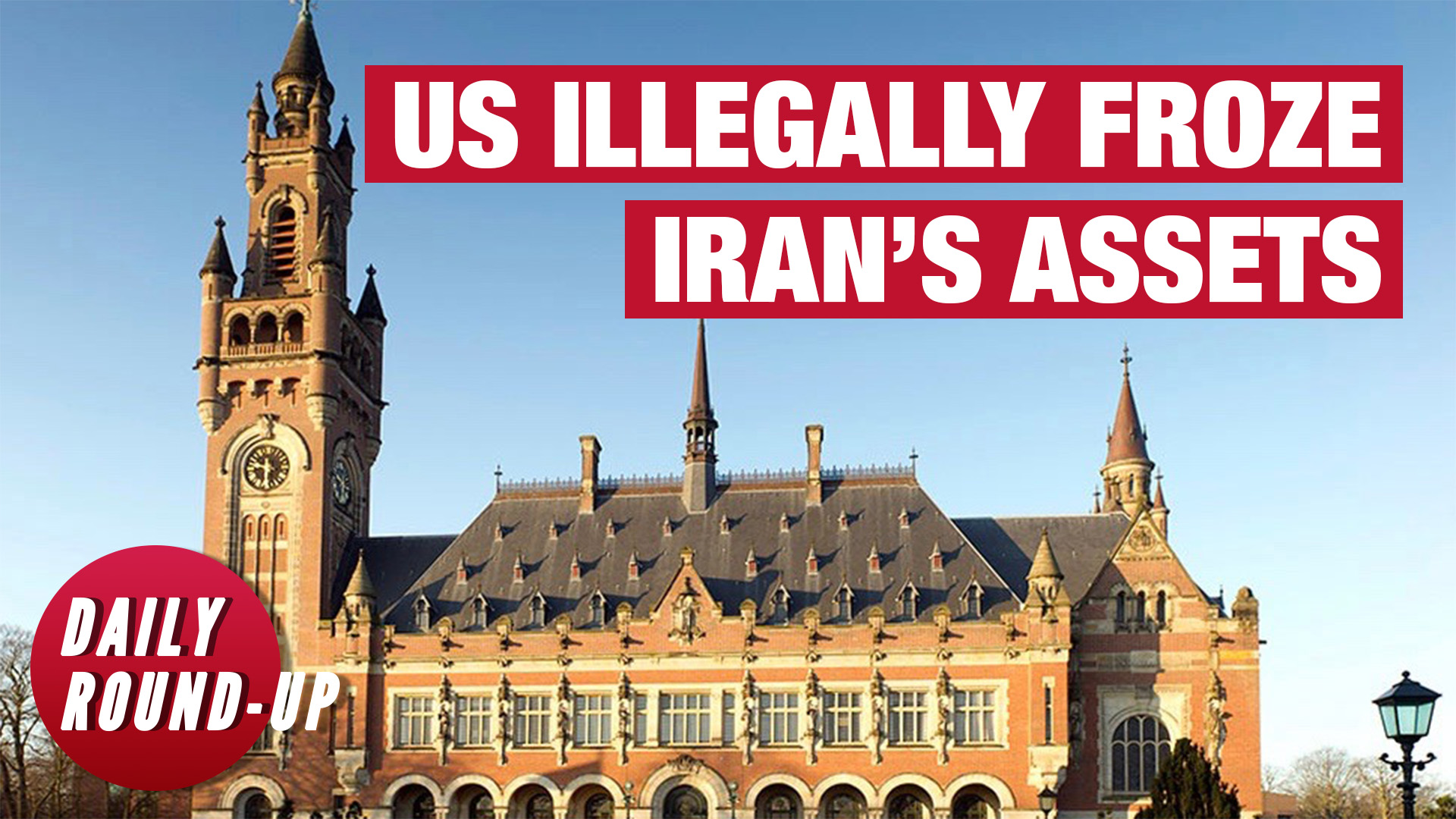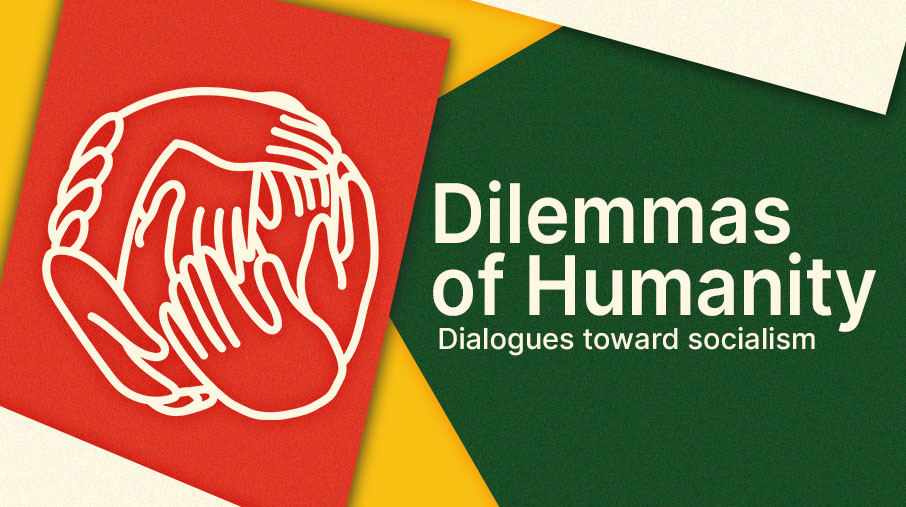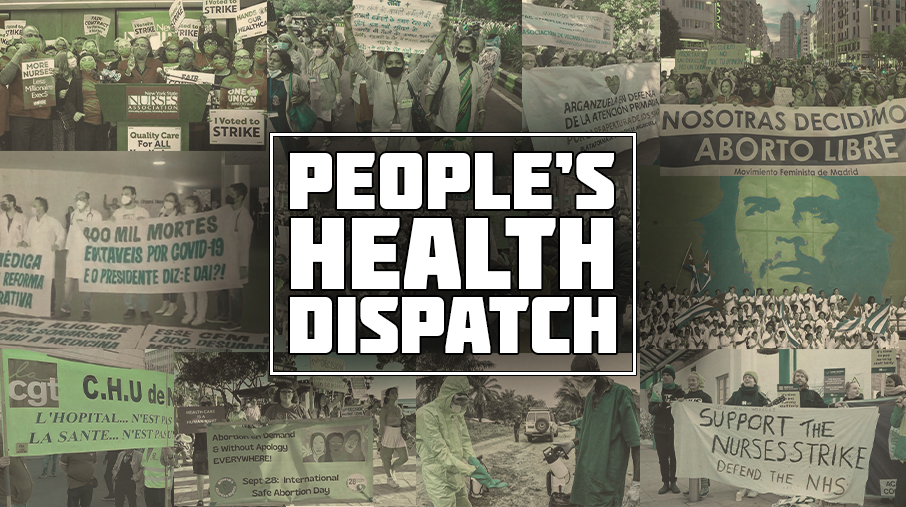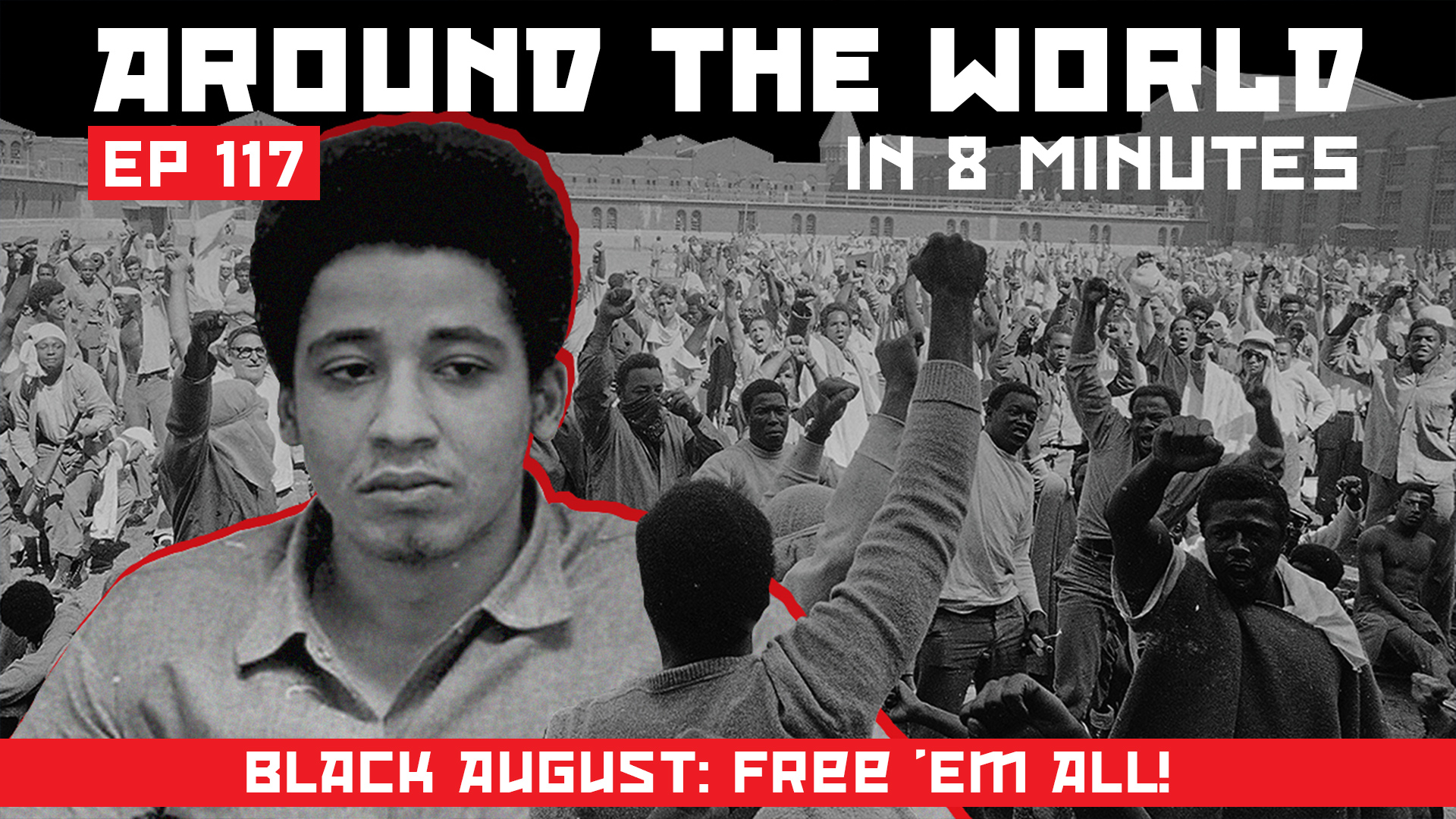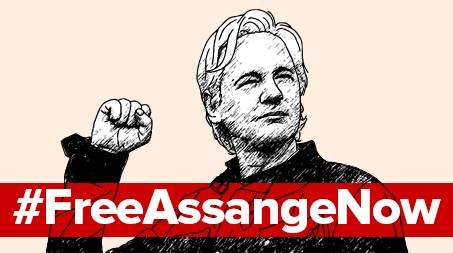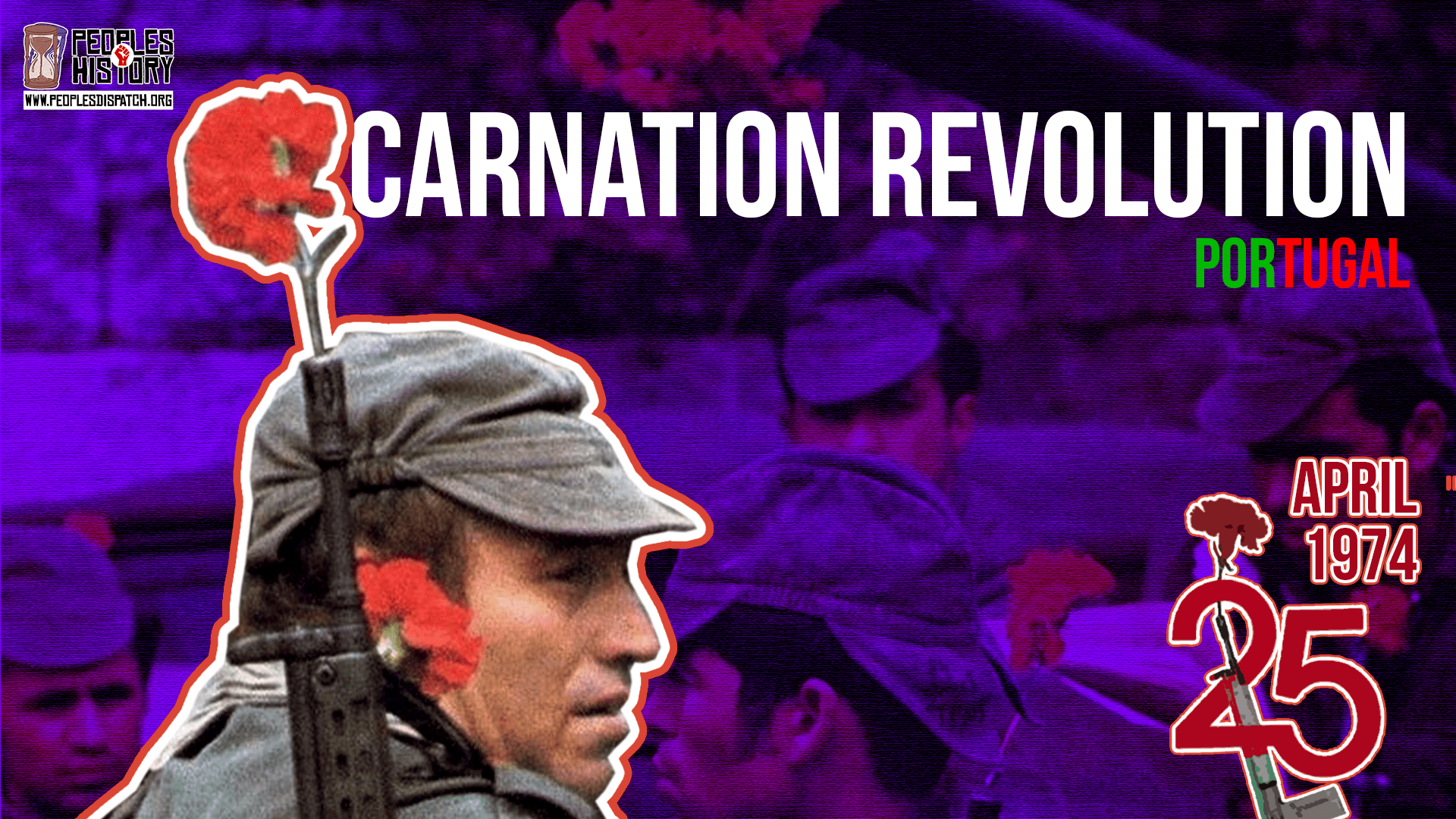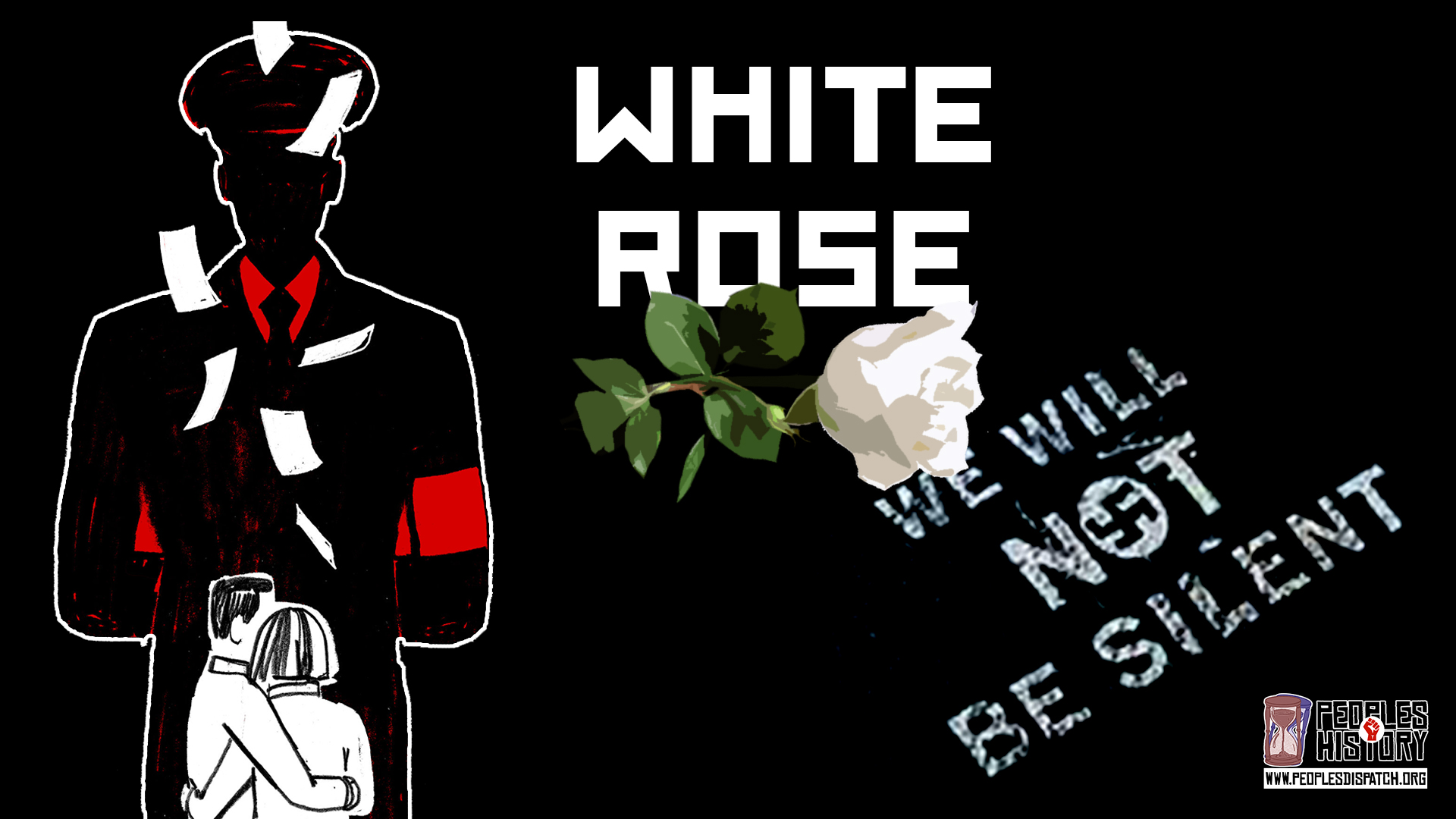 Millions face hunger and loss of livelihood amid severe drought in Southern Africa
Millions face hunger and loss of livelihood amid severe drought in Southern Africa
Zimbabwe, Zambia, and Malawi have already proclaimed a state of national disaster as a severe drought has damaged swathes of crop area. Millions across the region are facing severe hunger and livelihood losses, with smallholder farmers striving to cope with the climate crisis and colonial monoculture patterns of farming
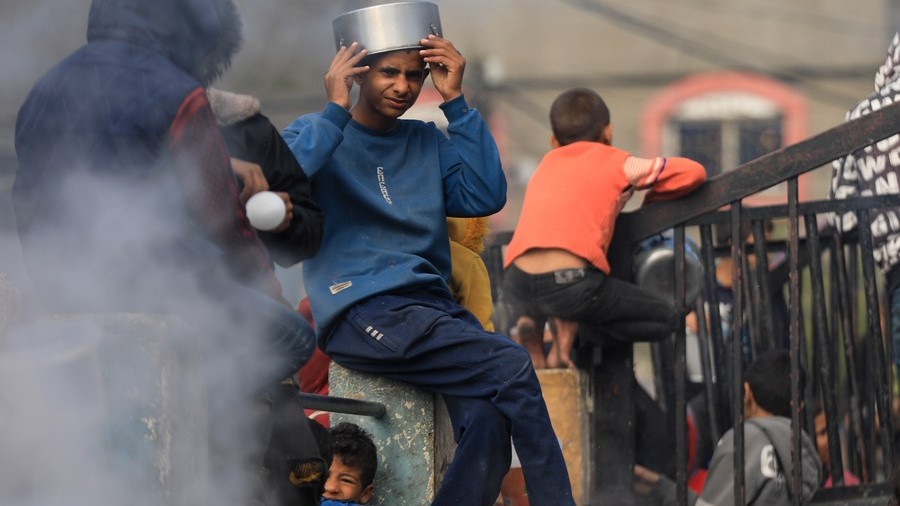 As hunger deaths rise in Gaza, Israel continues to block aid
As hunger deaths rise in Gaza, Israel continues to block aid
According to Gaza’s Ministry of Health, 20 people have died due to malnutrition and dehydration in Gaza. Meanwhile, Israeli forces continue to obstruct or block aid that is urgently needed by the people of the besieged territory
 Israel’s brutal offensive on Gaza continues as death toll nears 30,000
Israel’s brutal offensive on Gaza continues as death toll nears 30,000
The UNRWA said that it was last able to deliver aid to Northern Gaza on January 23 and warned that the situation is a “looming famine” and a “man-made disaster”
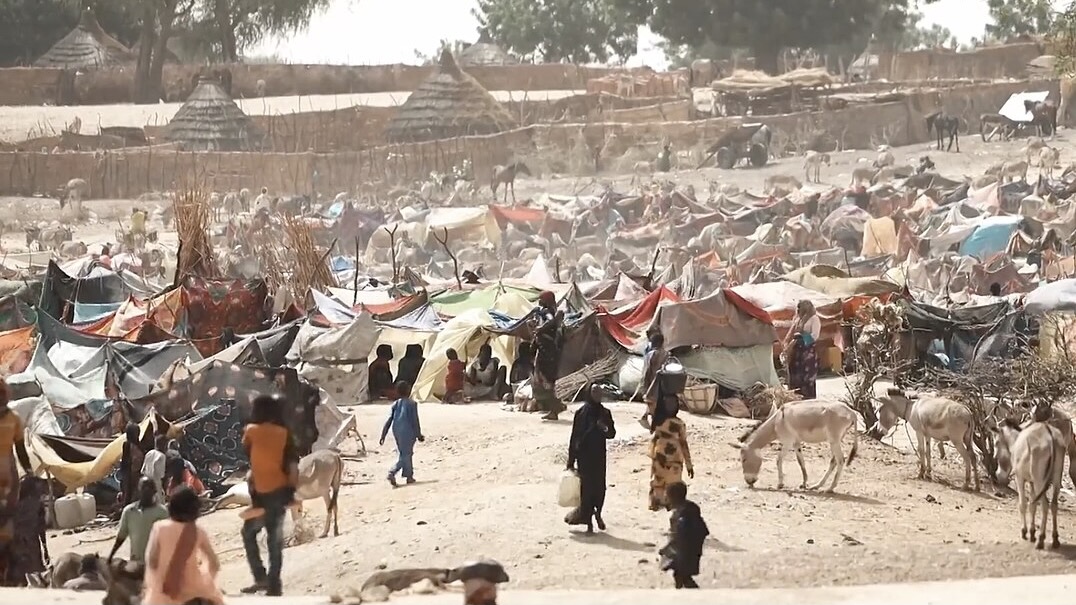 Starvation and disease threaten millions in Sudan as civil war rages on
Starvation and disease threaten millions in Sudan as civil war rages on
With over half the population hungry and starvation deaths increasing by the hour, Sudanese brace for worse as the country enters the lean season on the heels of a harvest season lost to war.
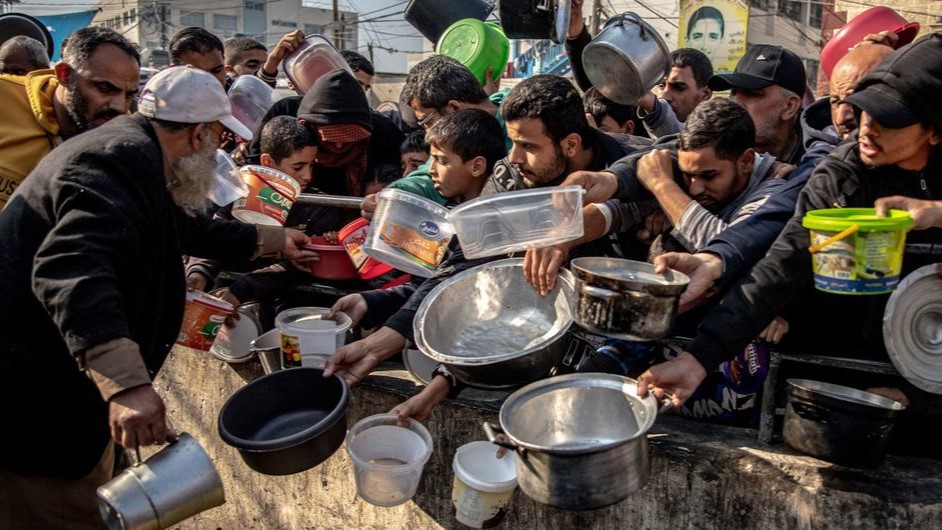 Malnourishment could lead to even more deaths among children in Gaza
Malnourishment could lead to even more deaths among children in Gaza
A new report found that that over 15% of children under the age of 2 in northern Gaza are acutely malnourished, with 3% of them suffering from wasting. The World Food Programme has warned that without a ceasefire, a famine may ravage Gaza by May
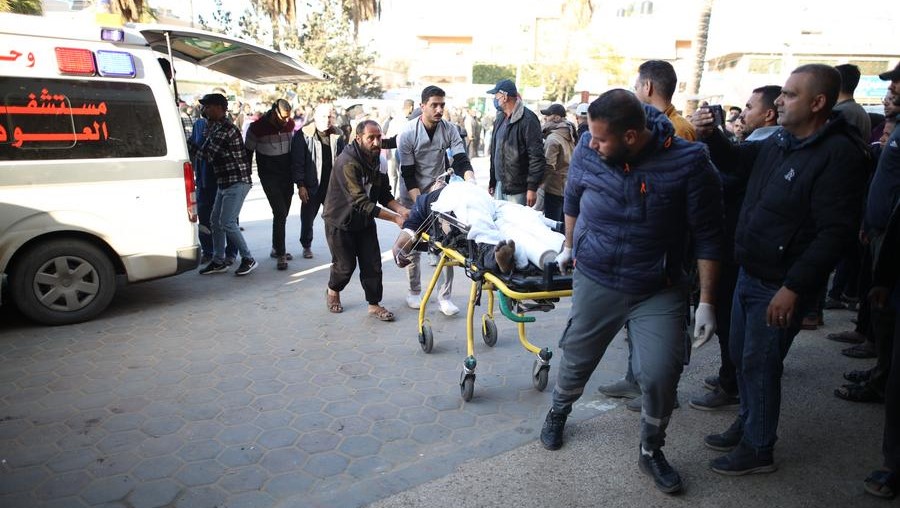 On day 138 of Israeli assault, death toll rises in Gaza and attacks continue in West Bank
On day 138 of Israeli assault, death toll rises in Gaza and attacks continue in West Bank
The death toll in Gaza rose to at least 29,313, with at least 69,333 injured. World Food Programme authorities warned that a famine is likely if things do not change and significantly higher volumes of food are needed
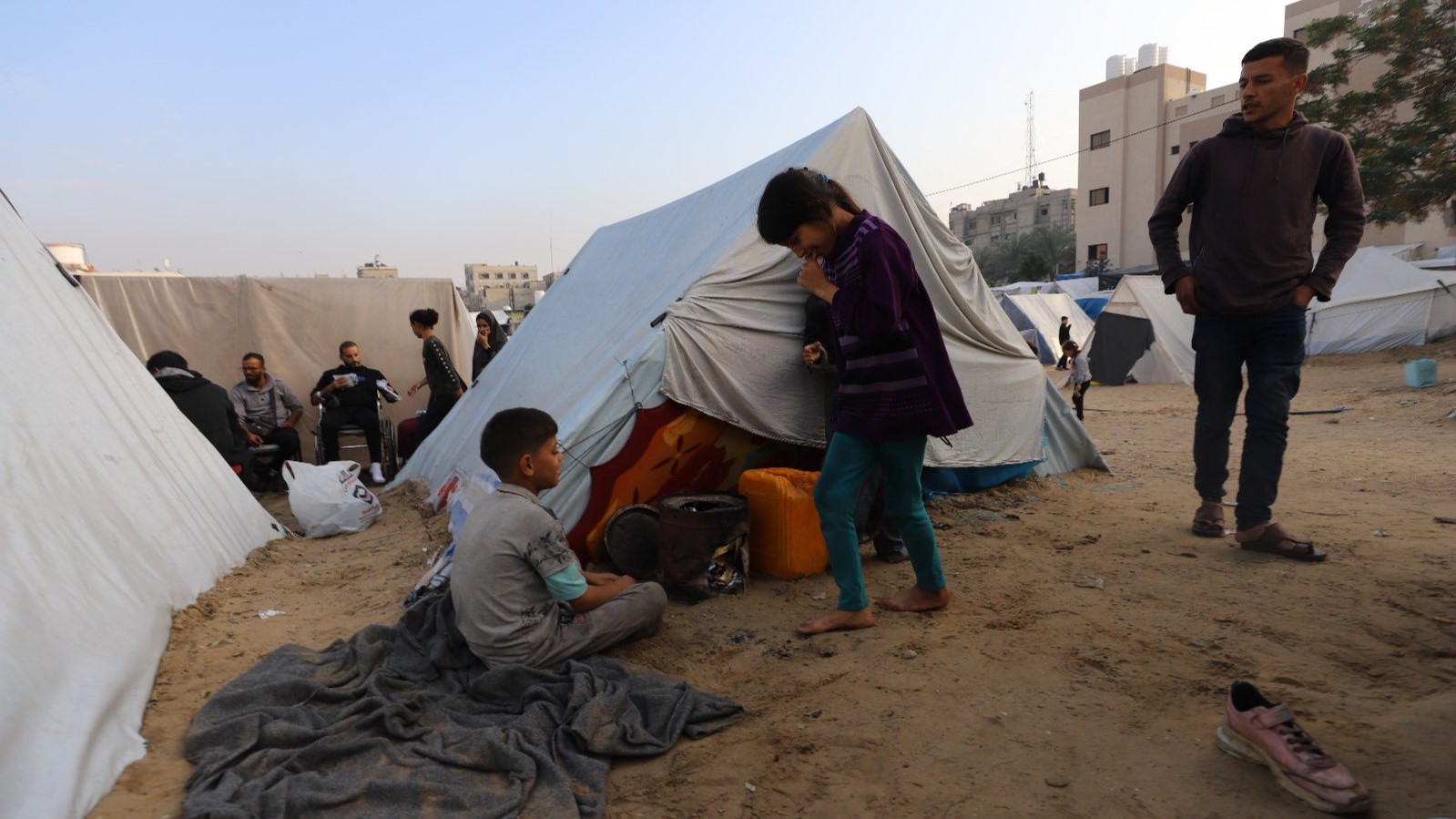 Israel is destroying Gaza’s food system and weaponizing food, say UN experts
Israel is destroying Gaza’s food system and weaponizing food, say UN experts
In a joint statement UN experts state that Israel has deliberately destroyed all basic facilities and blocked access to water, food, and medicine for most of the Palestinians in Gaza
 Yemeni government criticizes World Food Programme’s decision to cut humanitarian aid to the country
Yemeni government criticizes World Food Programme’s decision to cut humanitarian aid to the country
Citing lack of funds, the World Food Programme (WFP) has announced the scaling down of its aid operations in the country starting from September. The decision will affect millions of people in the blockaded country
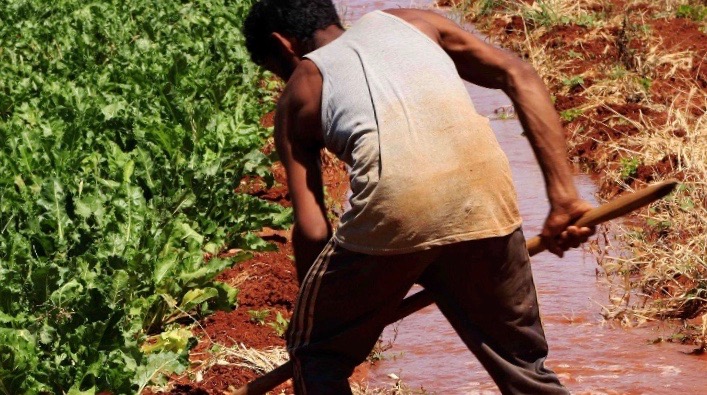 Global hunger remains far above pre-pandemic levels, claims FAO
Global hunger remains far above pre-pandemic levels, claims FAO
Asia and Africa continue to be the hotspots for global hunger while Latin American countries were able to reduce hunger significantly. Developed countries in North America and Europe also witnessed a slight rise in food insecurity in 2022
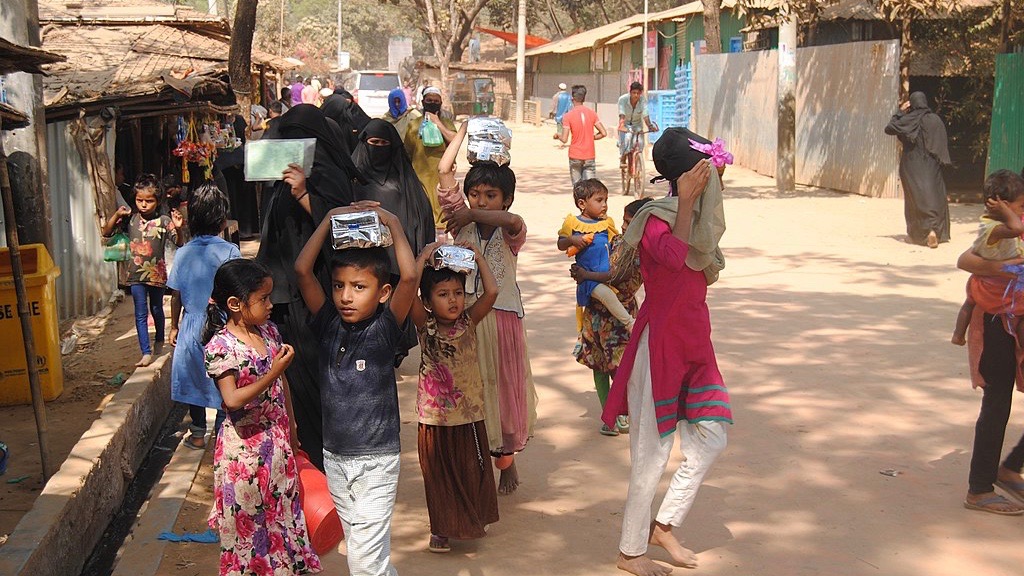 UN experts condemn second round of food aid cut for Rohingya refugees
UN experts condemn second round of food aid cut for Rohingya refugees
The cut will affect approximately 1 million Rohingya refugees living in camps in Bangladesh’s Cox’s Bazar
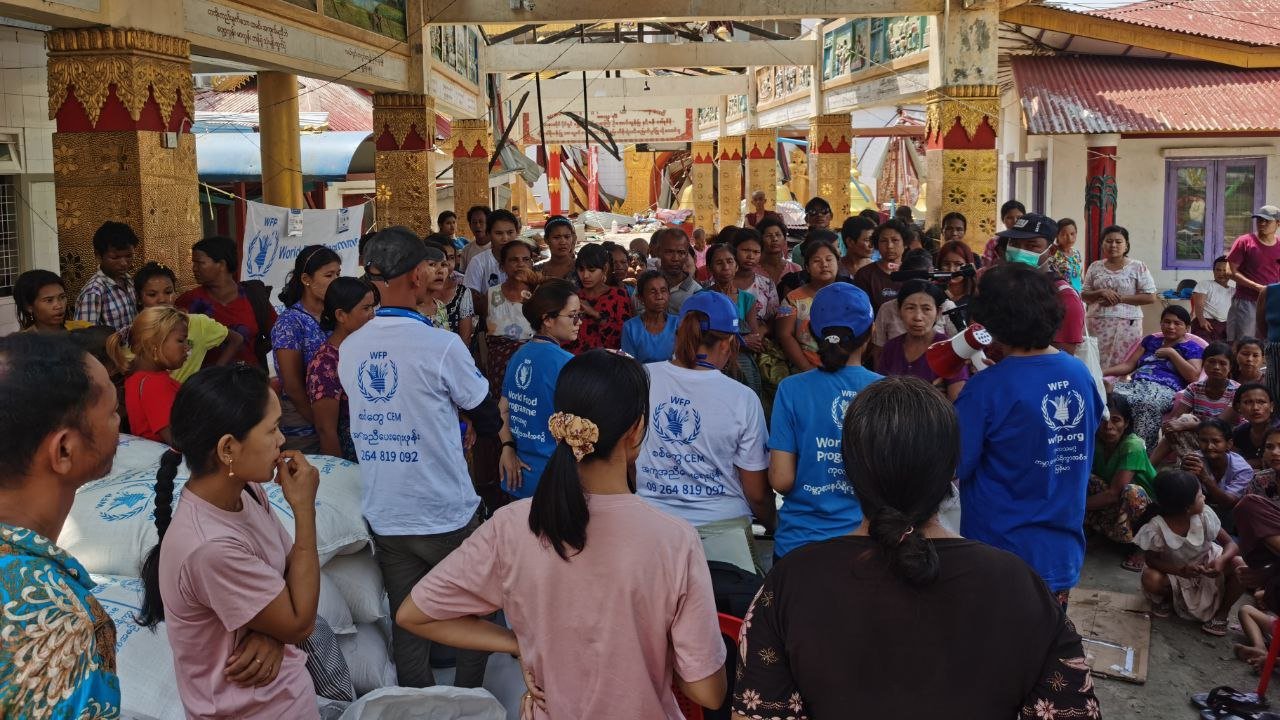 Afghanistan, Myanmar, and Pakistan are among global ‘Hunger Hotspots’
Afghanistan, Myanmar, and Pakistan are among global ‘Hunger Hotspots’
A report by the World Food Program identifies 18 hunger hotspots across 22 countries where acute food insecurity is expected to increase in the period from June to November 2023. 15.3 million people are at risk of high acute food insecurity in Afghanistan
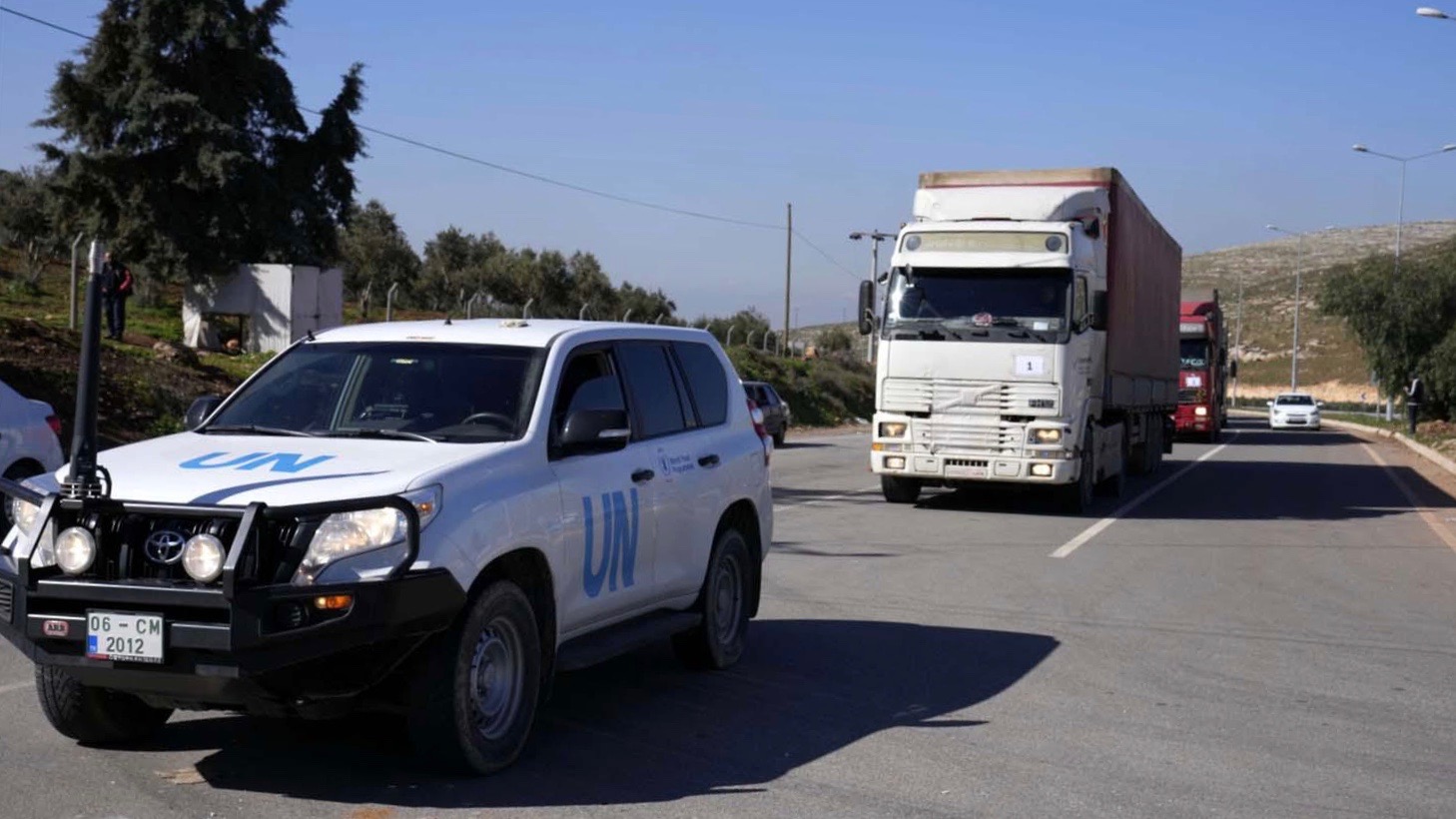 UN appeals for aid for war-torn Syria
UN appeals for aid for war-torn Syria
Around 70% of Syria’s population—over 15 million people—depends on humanitarian aid for their survival, according to the UN. The country’s economy has been severely hurt due to a decade-long war and sanctions imposed by the US and its allies, with the situation worsening since the disastrous earthquake in February


